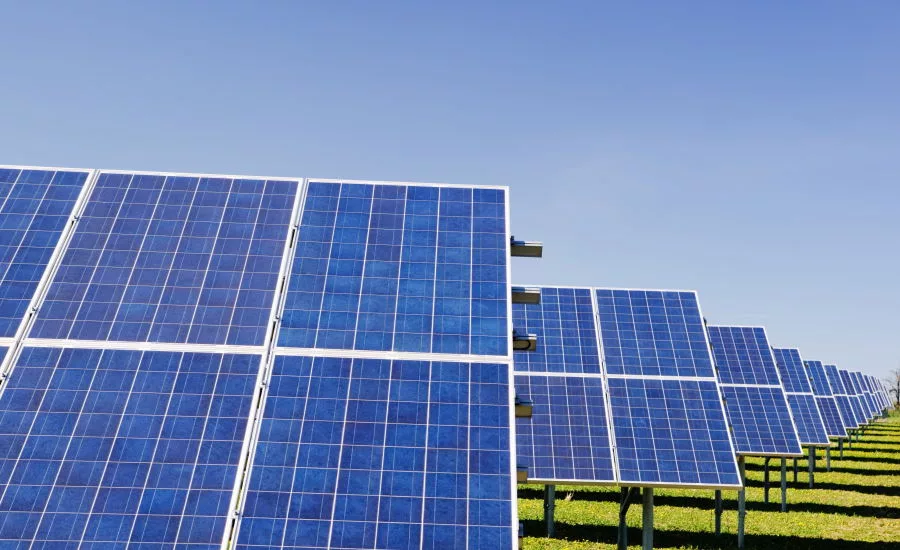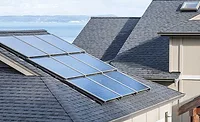Deferral to California’s Rooftop Solar Mandate Temporarily Postponed

A proposal to let California homebuilders subvert a mandate requiring rooftop solar panels on new homes has been put on hold.
The California Energy Commission (CEC) on Nov. 13 postponed making any decisions on a proposal from the Sacramento Municipal Utility District (SMUD) that would allow homebuilders to draw power from offsite solar operations in lieu of installing solar panels on new residential homes.
Back in May 2018, the CEC adopted changes to the state’s regulation codes that will require new single-family homes and low-rise multifamily buildings to have solar panel technology. Proponents hail the mandate as a step in the right direction for clean energy initiatives, while critics say it will cause the state’s high-price housing to increase even further. The mandate takes effect Jan. 1, 2020.
Along with approving solar panel installations, the CEC gave the option for builders to supply power from offsite “community solar” facilities. As the Los Angeles Times explains, the CEC didn’t define the term “community” for the offsite option, creating an exception for the solar mandate.
SMUD, a publicly owned electric service provider, looks to utilize that exception, with officials saying their proposal is in compliance because new solar will be added either through rooftop installations or community solar. SMUD CEO and General Manager Arlen Orchard said CEC staff previously confirmed its proposal met the requirements of the 2019 Building Standards and provides a compliance option for builders.
“We are extremely disappointed that the CEC deferred action on our Neighborhood SolarShares program,” said SMUD CEO and General Manager Arlen Orchard. “While we are disappointed, we are committed to this program and will continue to work with CEC to refine the definition of ‘community’ to ensure that the benefits of solar energy can be fully realized while continuing to support affordable housing in the Sacramento region.”
According to the Los Angeles Times, critics said the proposal would undermine the solar mandate and set a precedence for other utilities. They further stated SMUD’s proposal neglects the benefits of having on-site panels and energy storage, such as for power outages or delivering savings to customers.
In a written statement, Nicki Zvik, founder of Green Solar Technologies in North Hollywood, Calif., said if homeowners are made to rely on utility companies for electricity, they are left “at the mercy of the same utility companies that have caused a multitude of problems” like fires and prolonged power outages.
“While panels out in a field or desert do have their place in creating a carbon-free society, rooftop panels offer homeowners energy independence and allow them to use the energy they generate themselves how they see fit, meaning they can store excess energy for when they might need it or sell any extra energy back to the utility companies to earn some extra income,” Zvik said.
The SMUD proposal has been postponed until the CEC can better define “community solar” in its mandate.
California is the first state to adopt these sweeping changes, but others may follow suit. Massachusetts lawmakers are pursuing a similar law that would require all new construction to be built to accommodate solar energy installations.
Looking for a reprint of this article?
From high-res PDFs to custom plaques, order your copy today!







